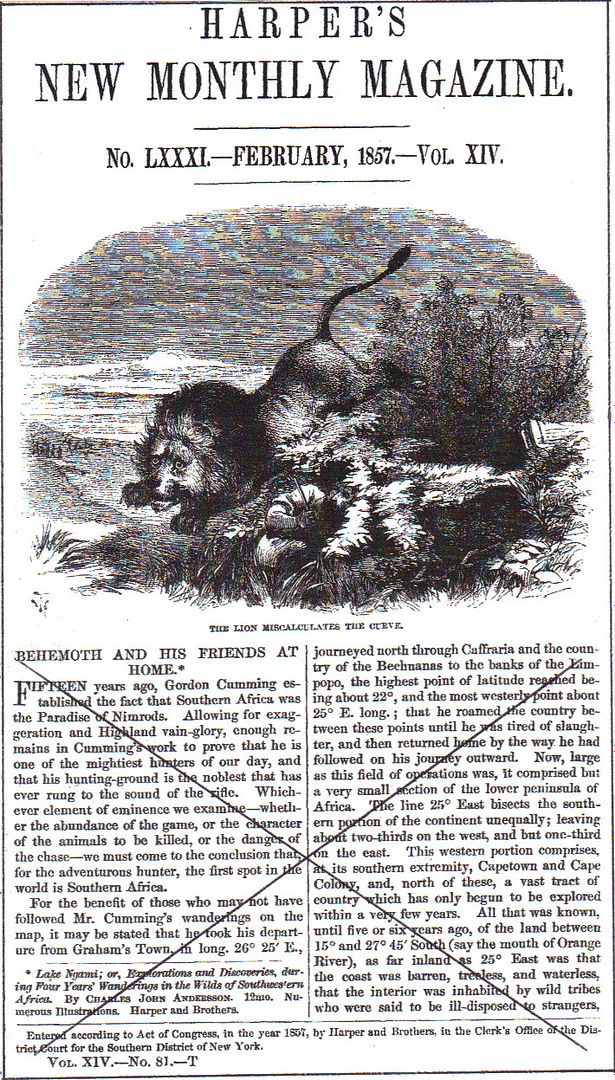
Posted on 02/01/2017 4:52:50 AM PST by Homer_J_Simpson

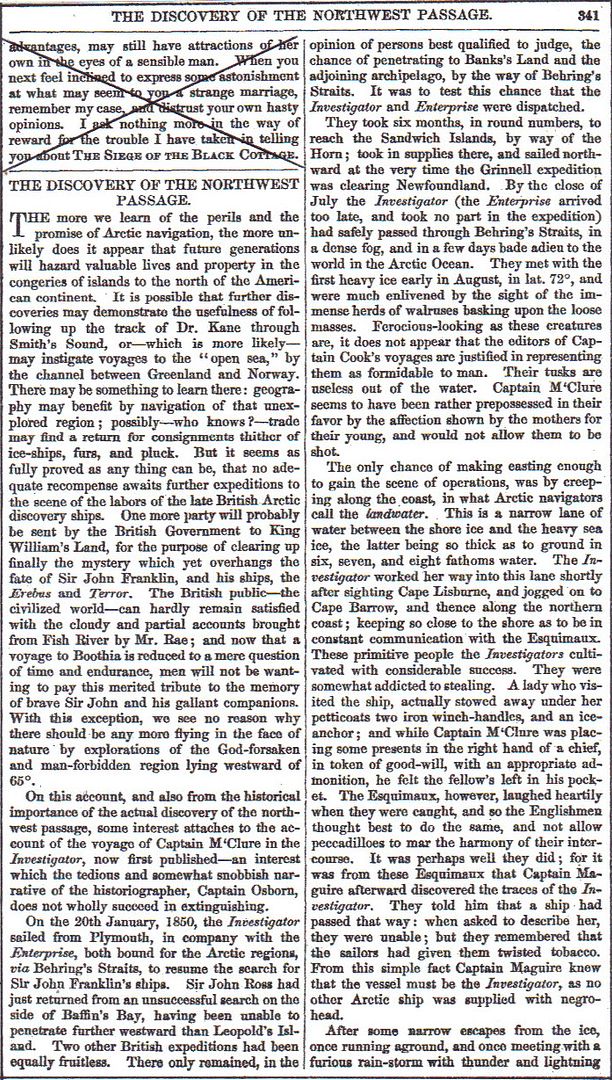
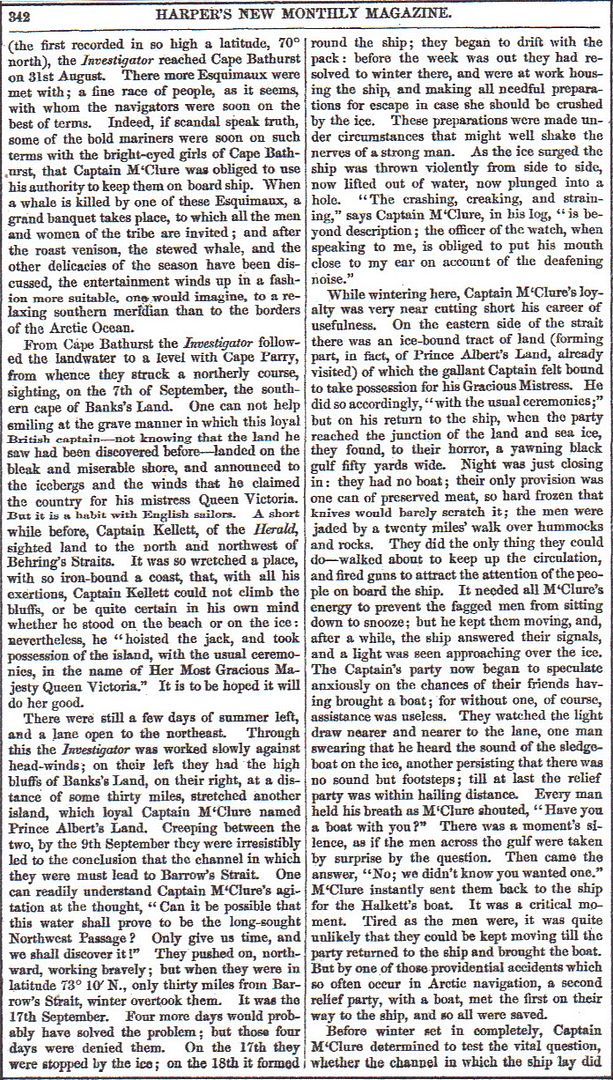
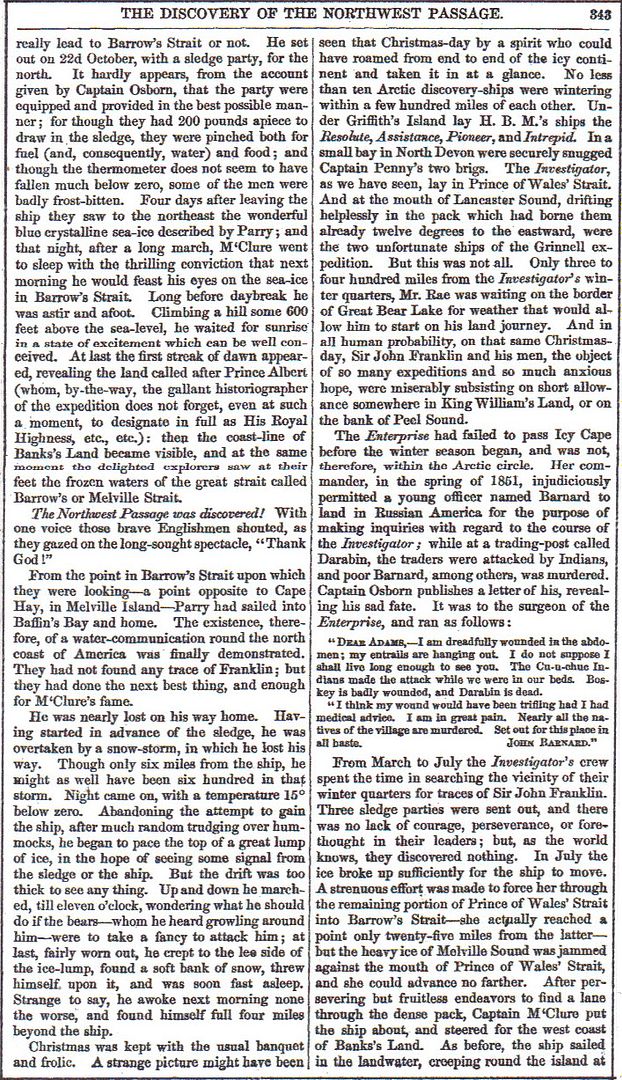
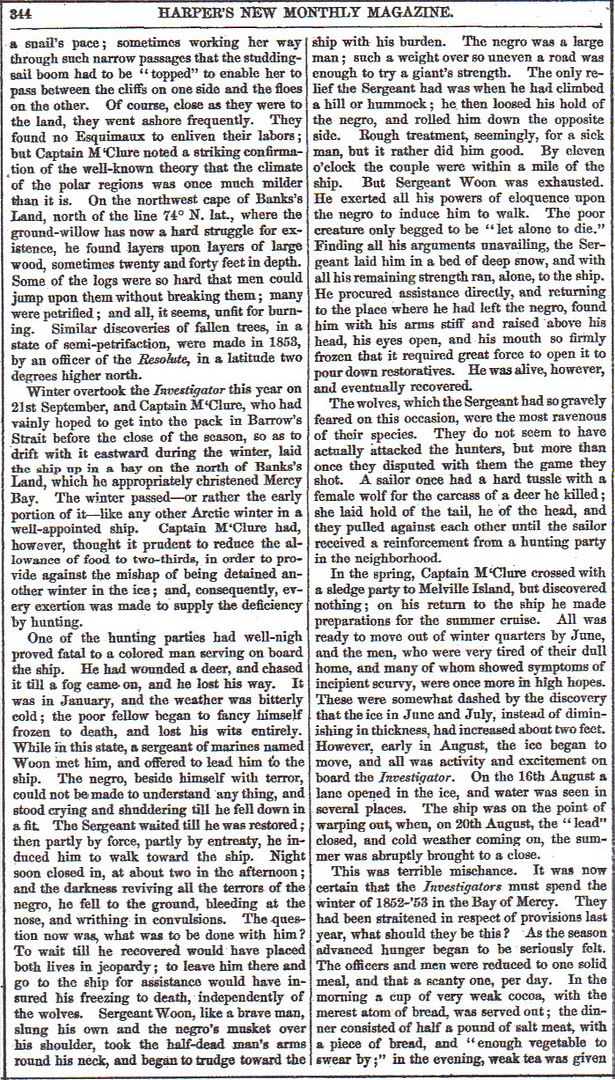
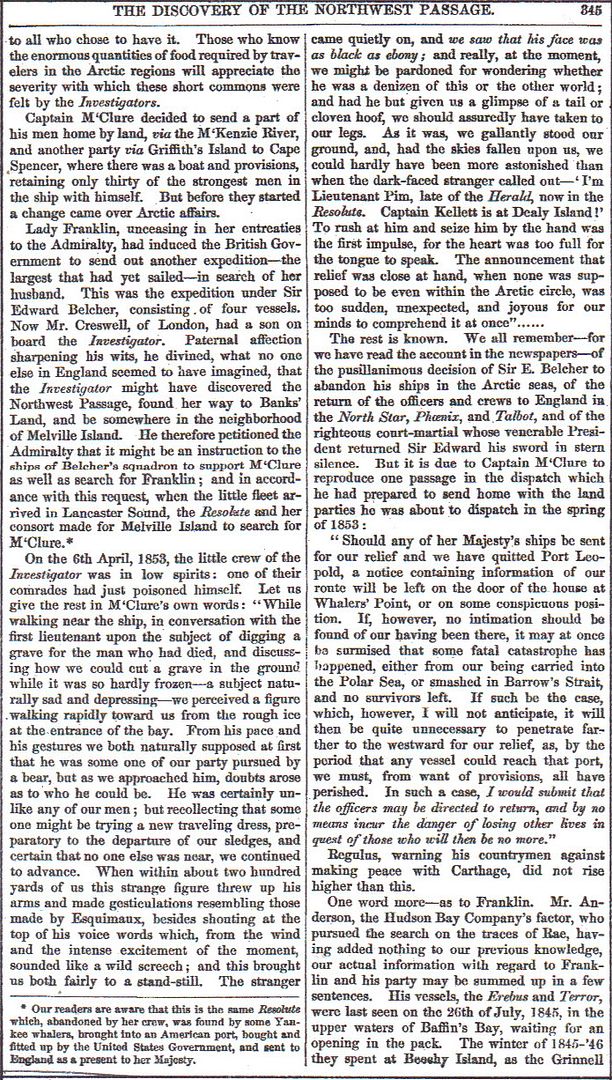
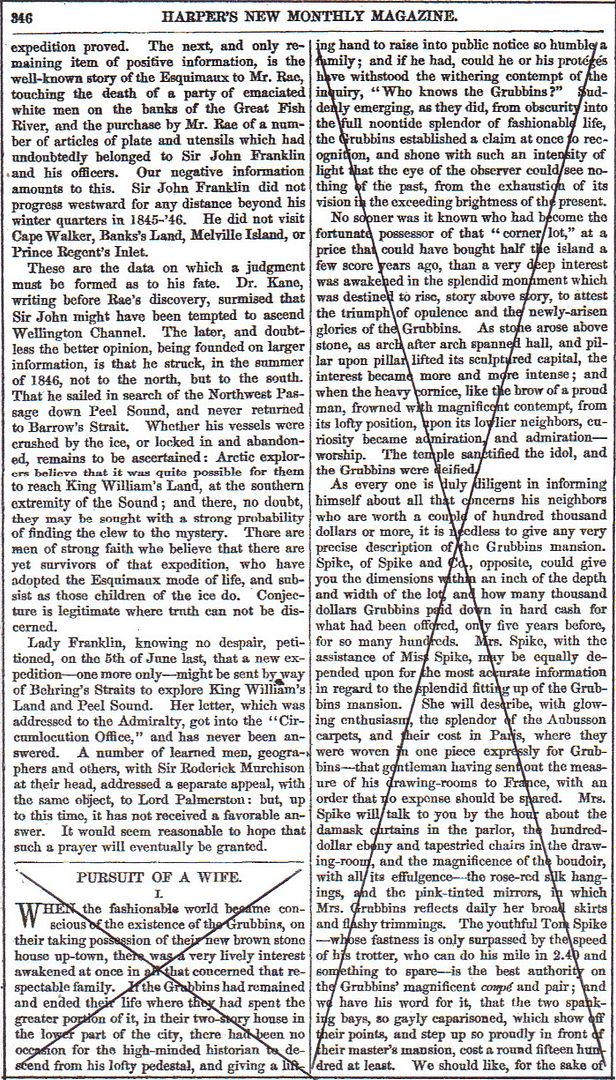
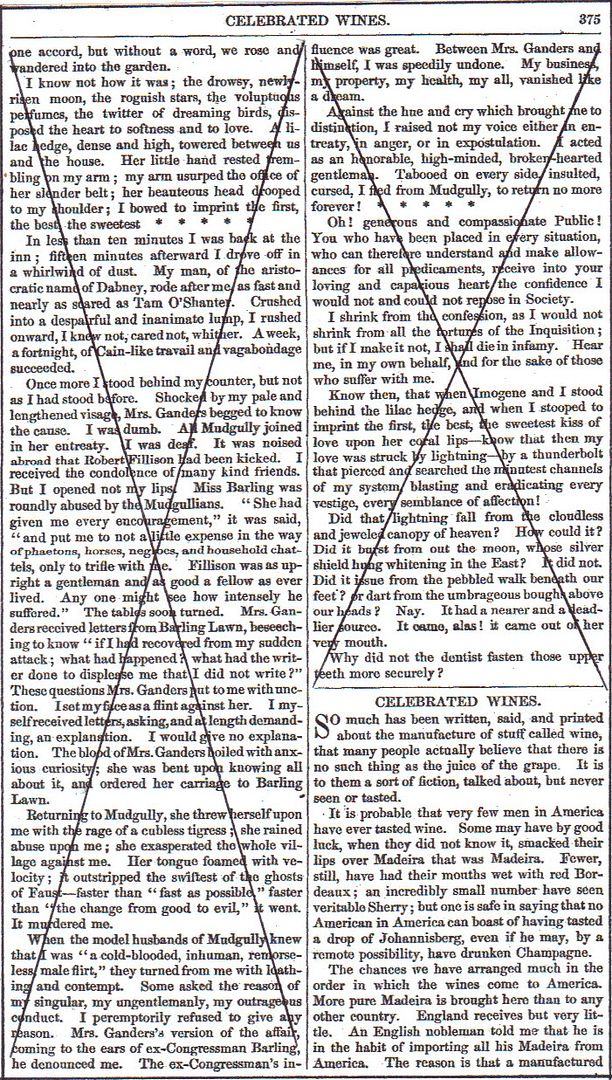
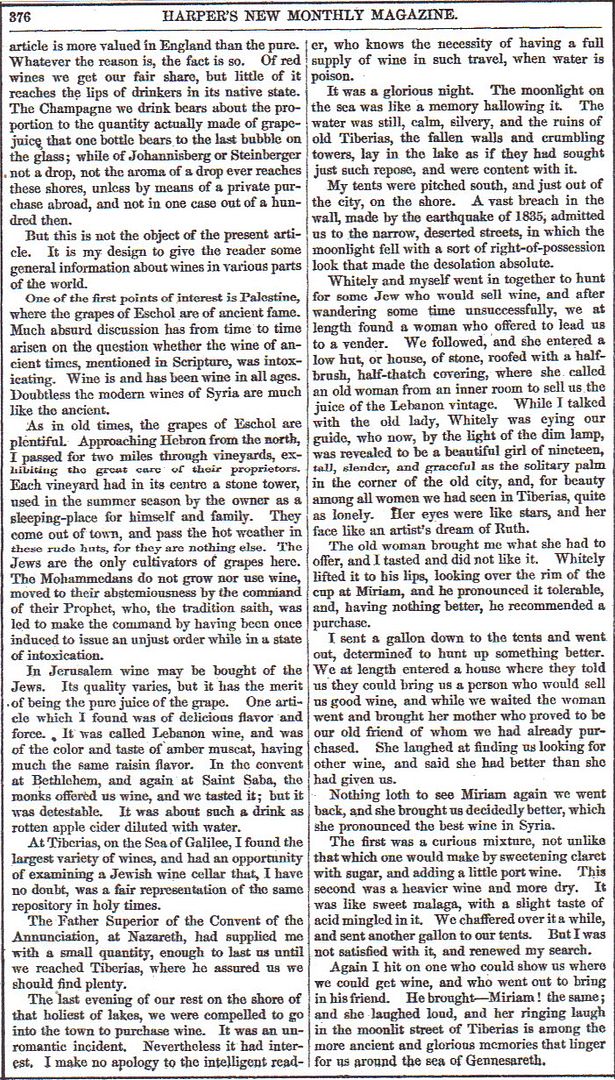
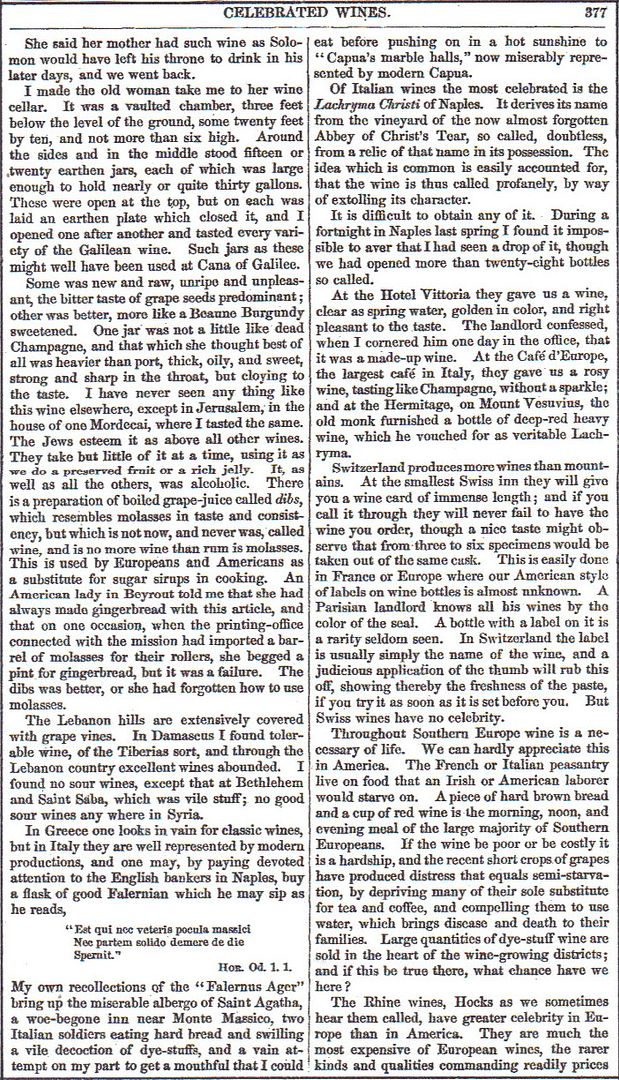
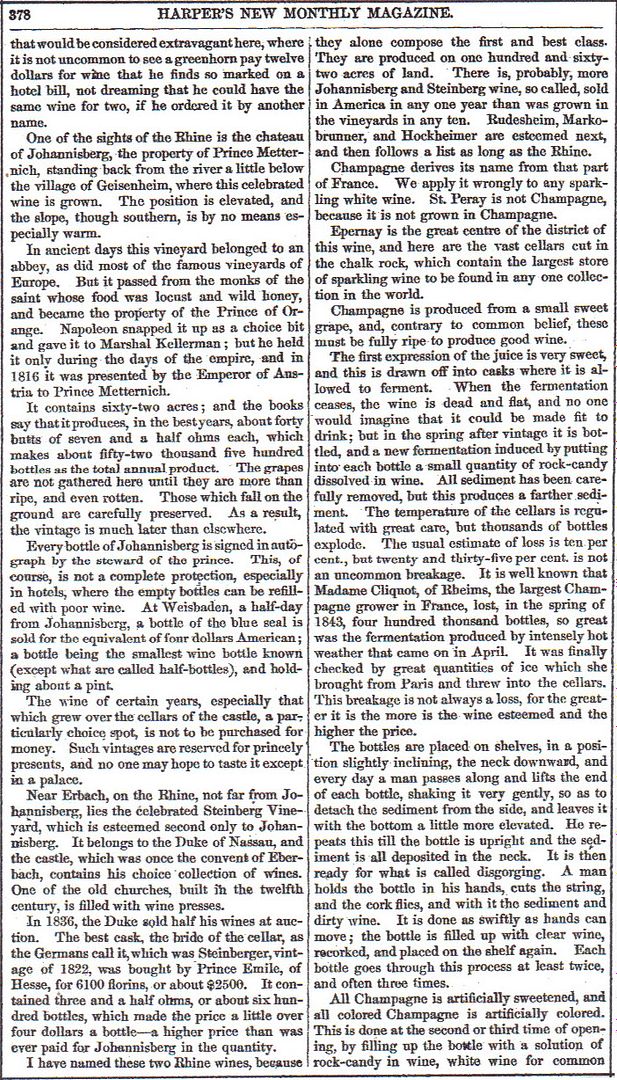
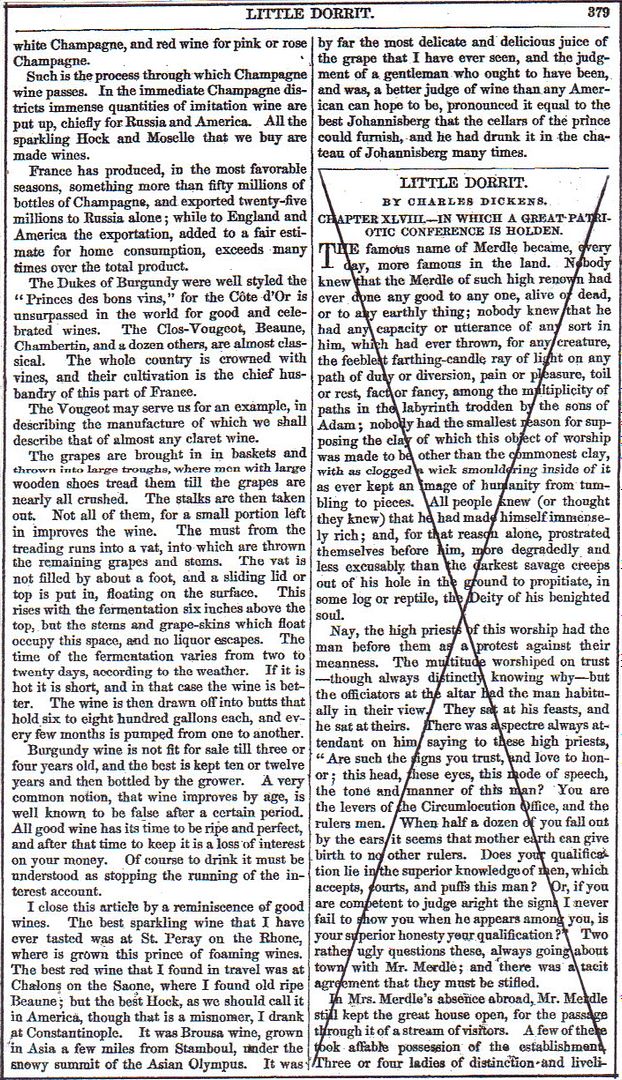
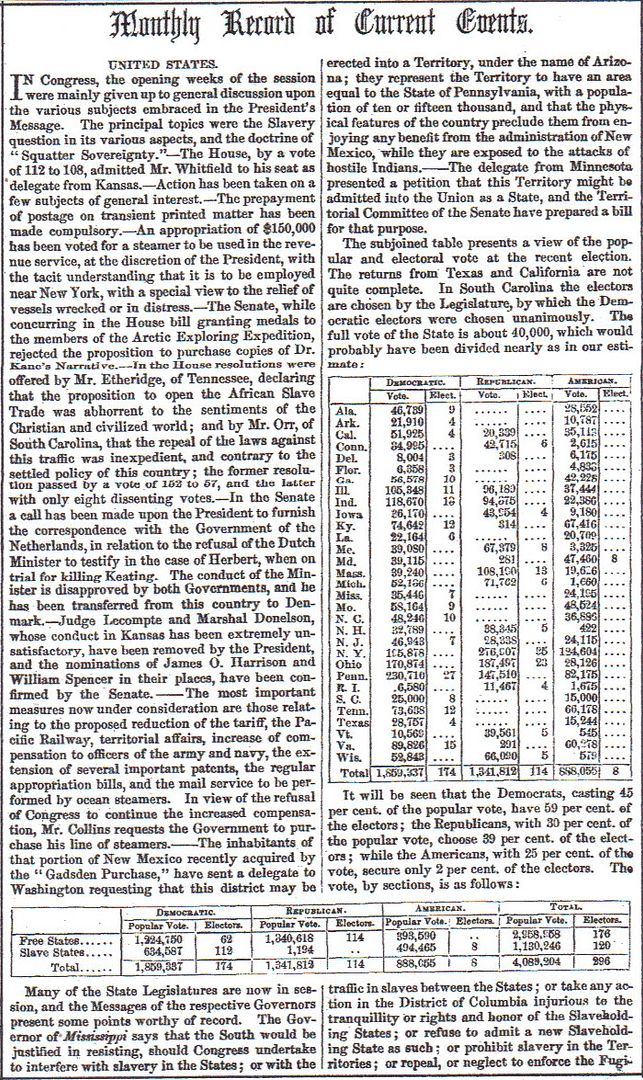
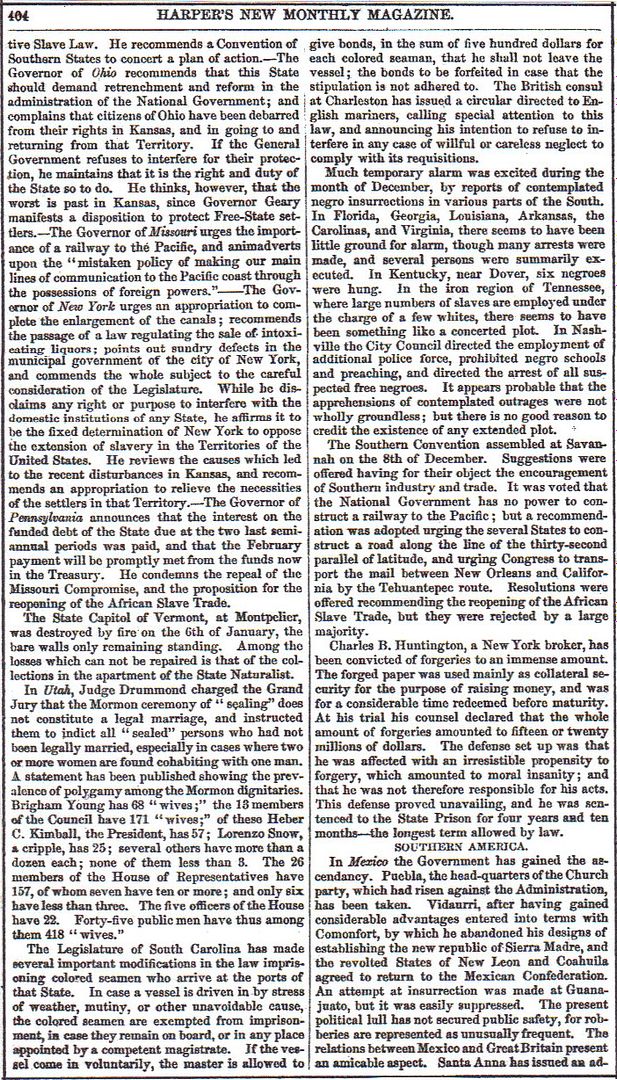
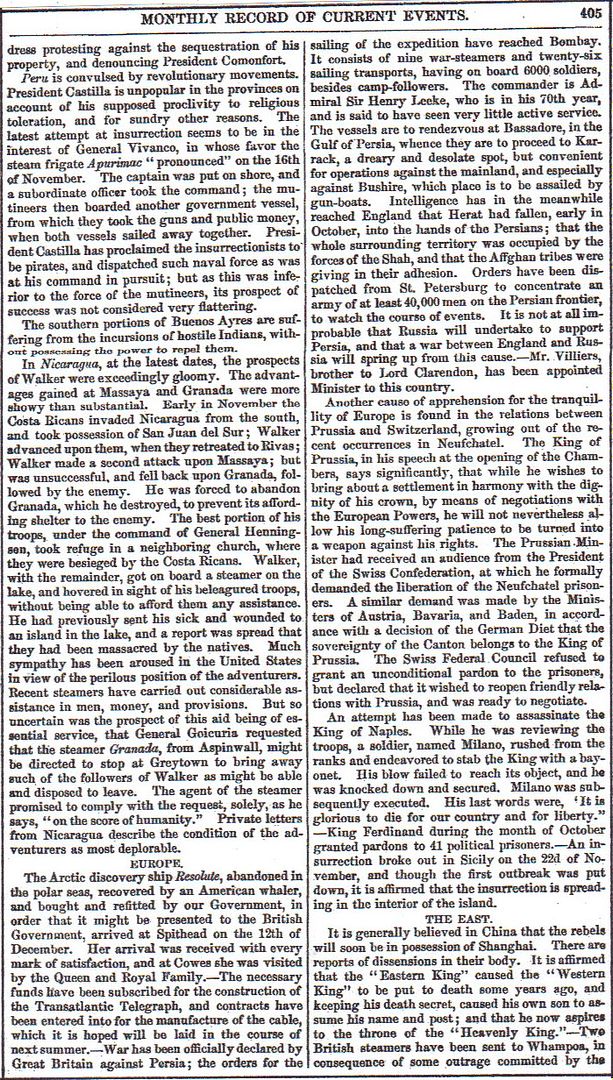
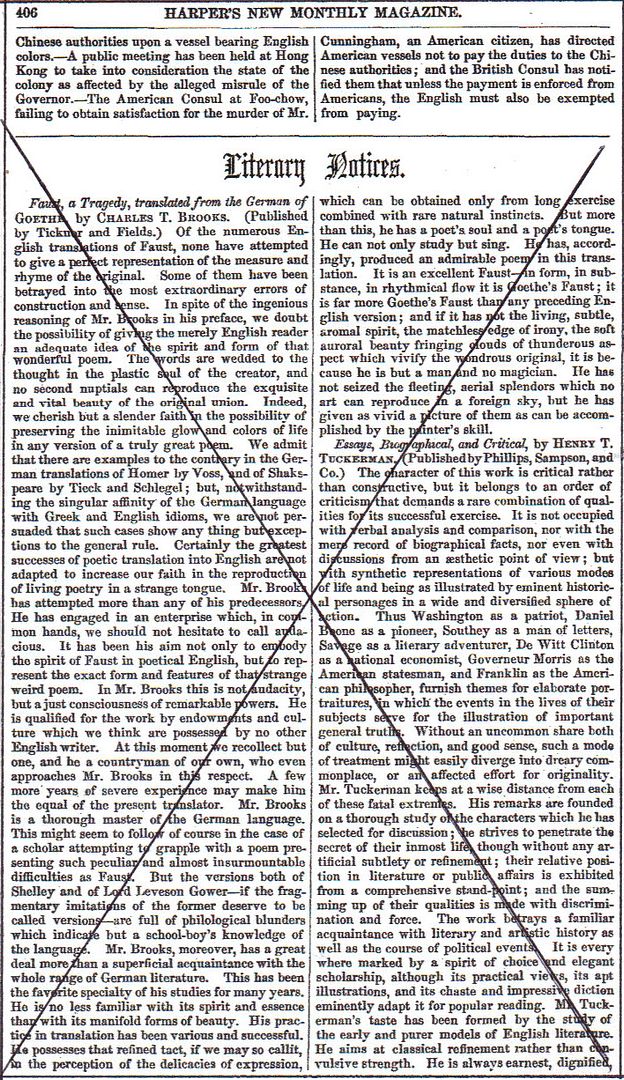
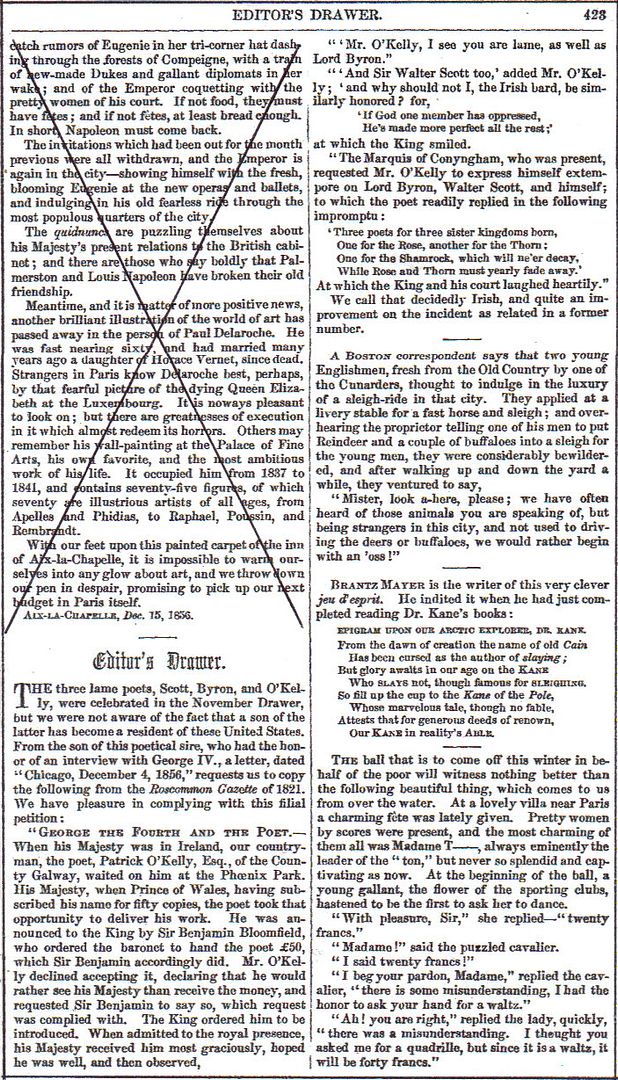
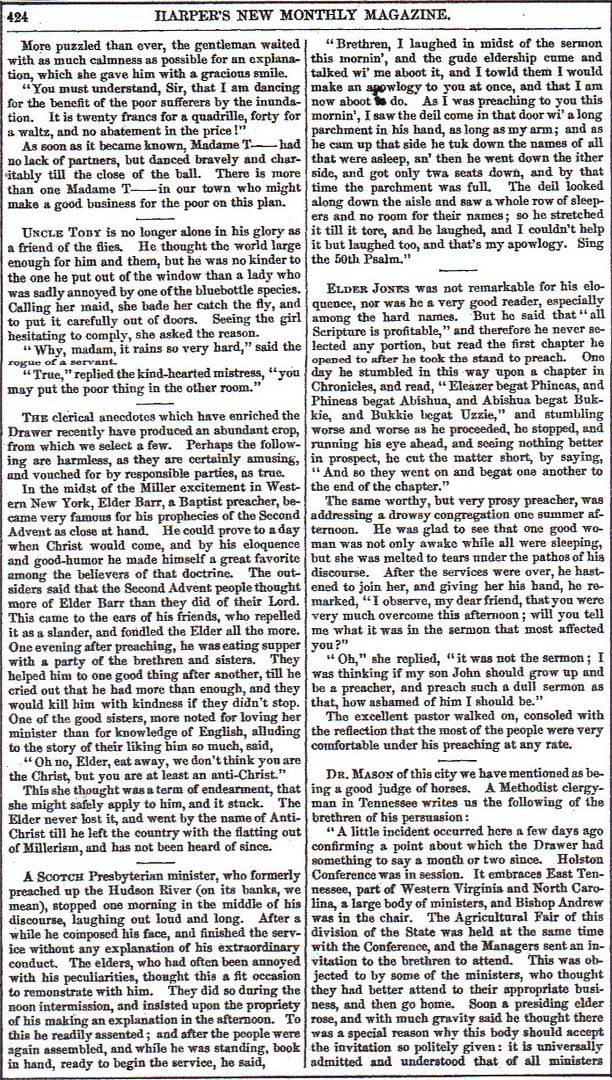
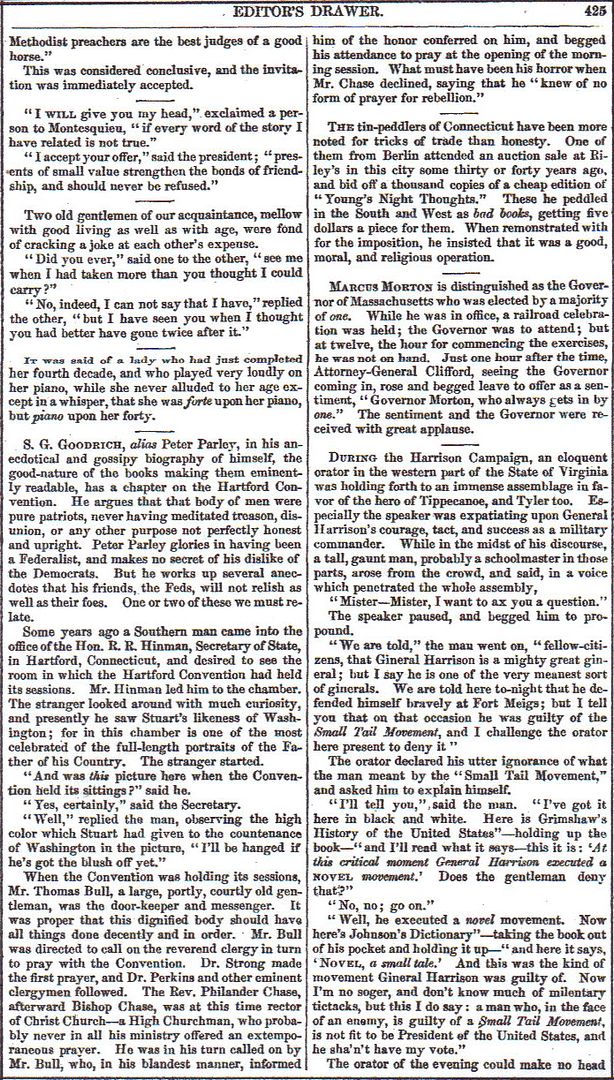
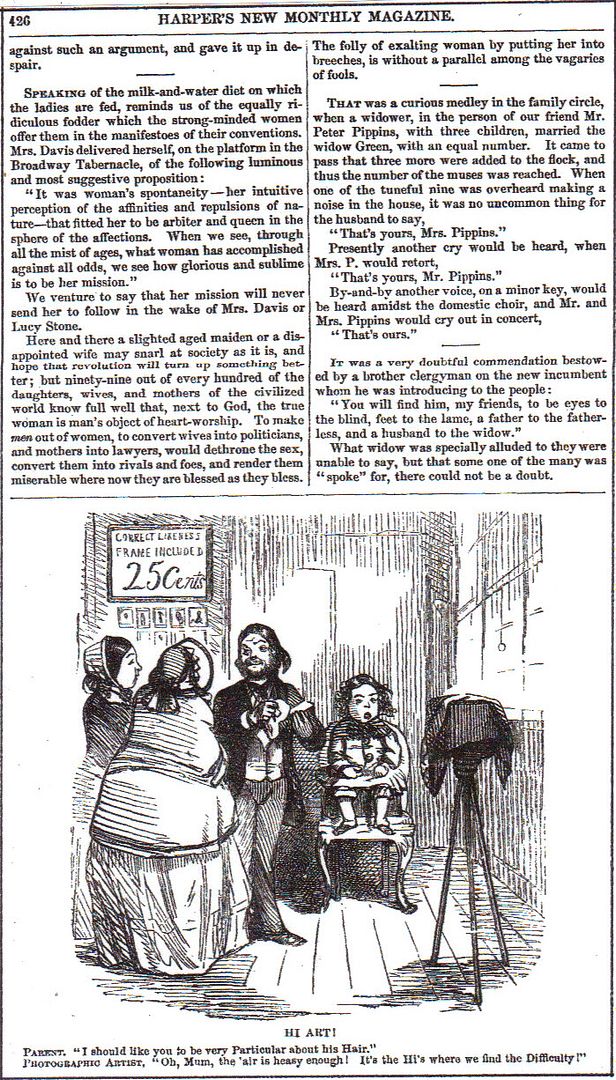
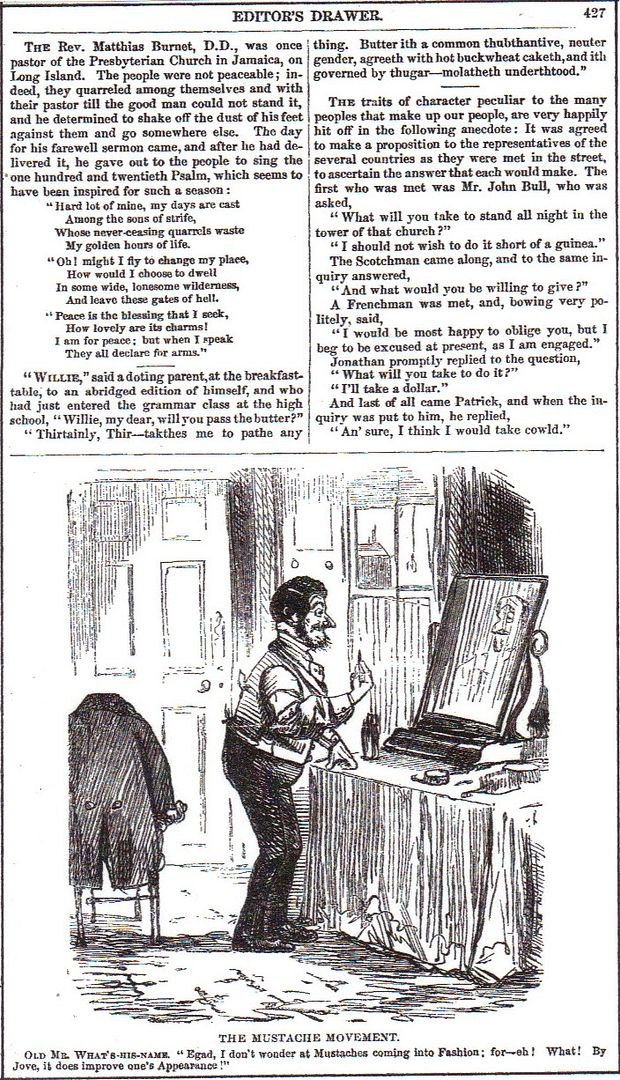
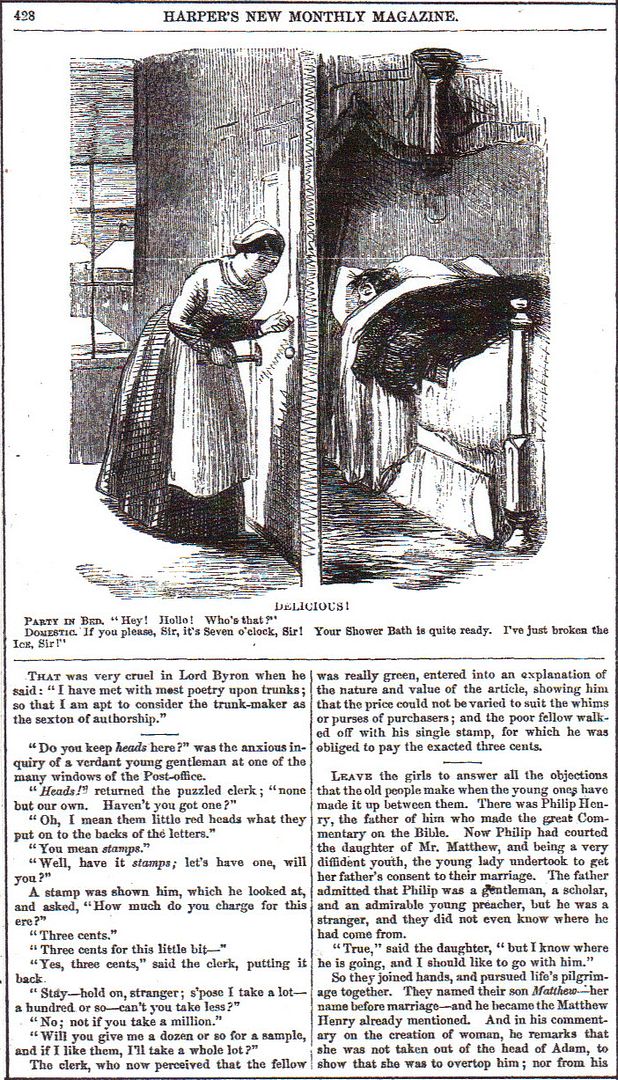
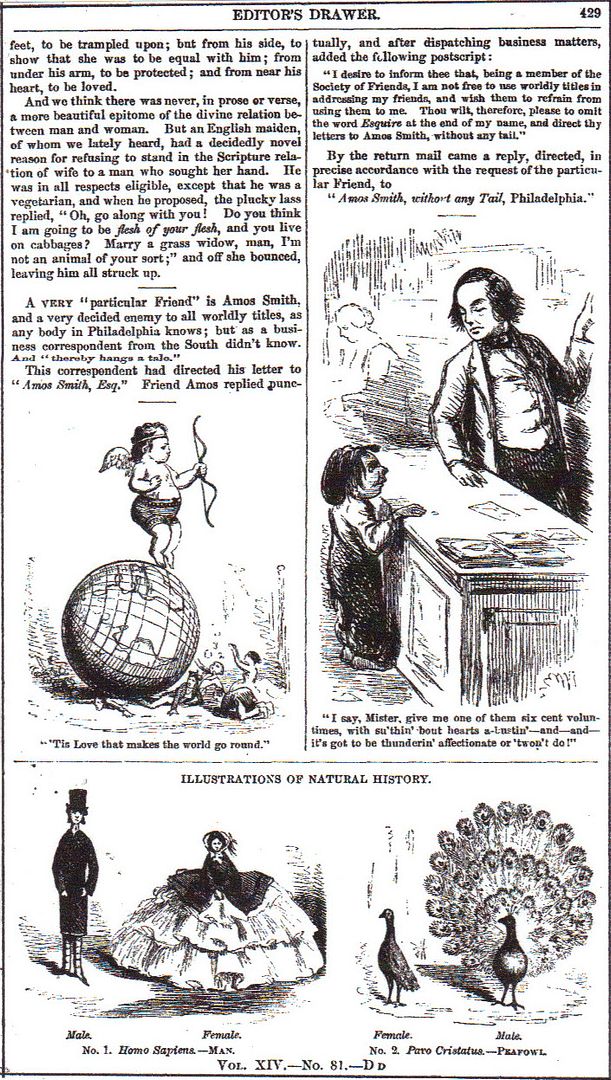
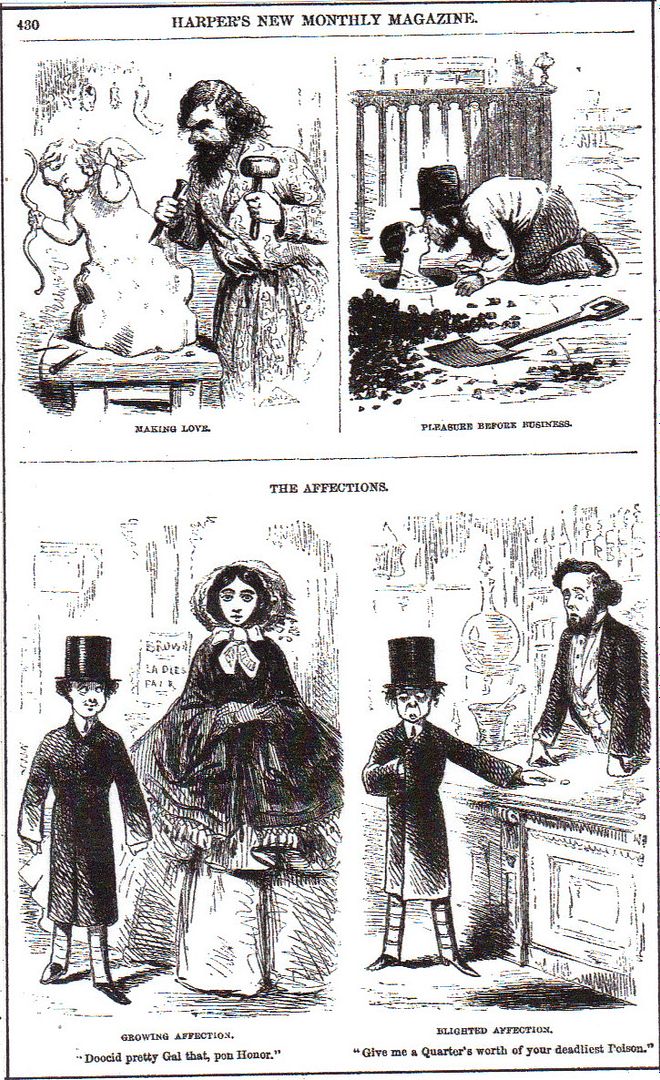
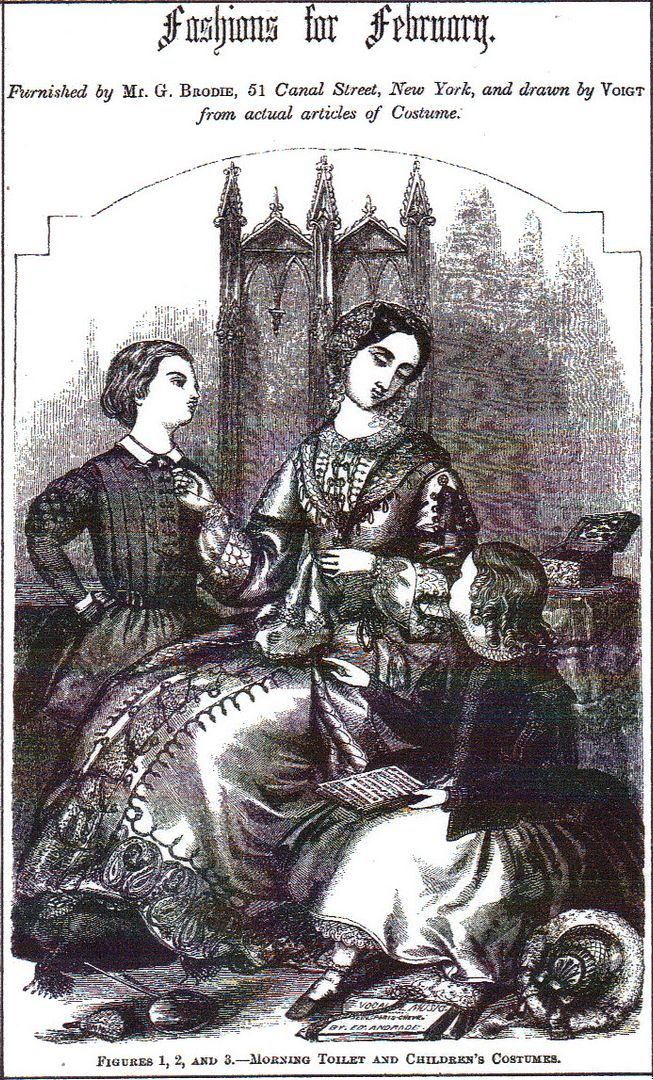
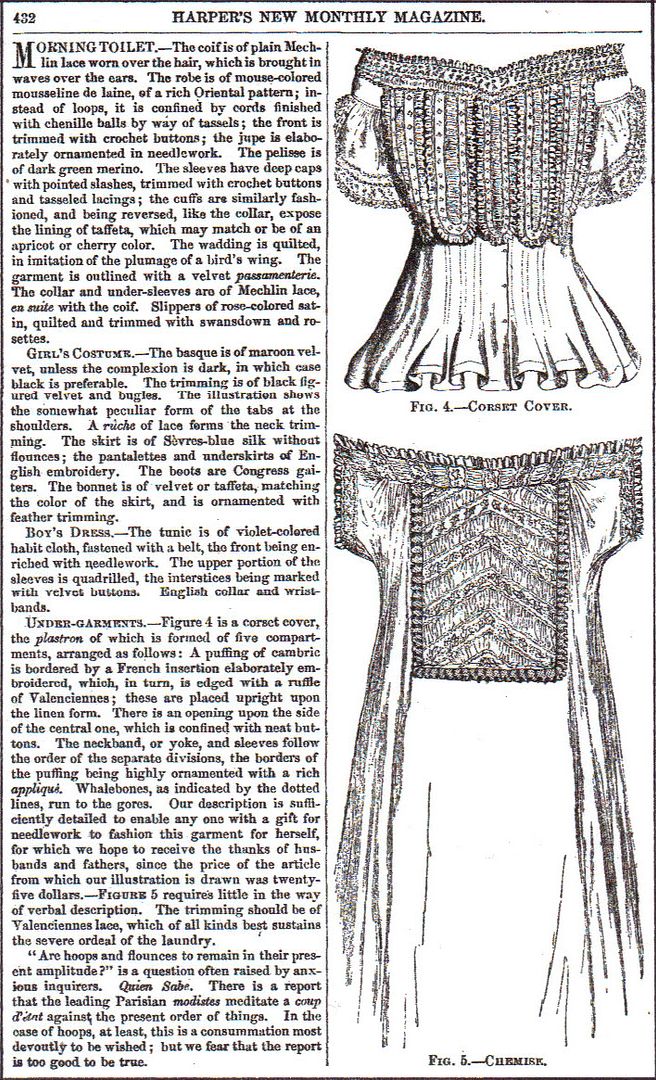
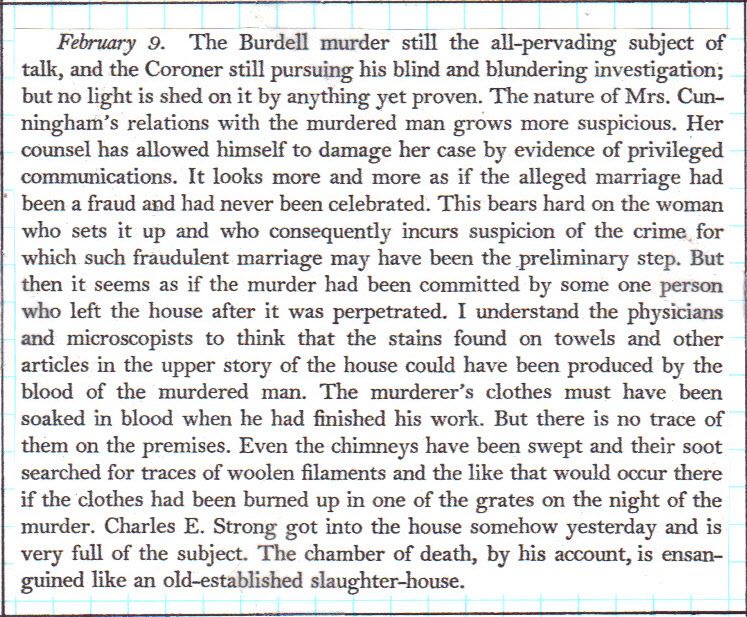
The Diary of George Templeton Strong, Edited by Allan Nevins and Milton Halsey Thomas
Even high society sophisticates can be fascinated by a lurid murder.
Great post.
I fight every day against the pernicious judicial supremacist fallacy. Doing so, I use those wise words of old Abe all the time.
Along with the many words of Jefferson on the subject, which they echo....
“Nothing in the Constitution has given them [the federal judges] a right to decide for the Executive, more than to the Executive to decide for them. . . . The opinion which gives to the judges the right to decide what laws are constitutional and what not, not only for themselves, in their own sphere of action, but for the Legislature and Executive also in their spheres, would make the Judiciary a despotic branch.” (Letter to Abigail Adams, September 11, 1804)
“The original error [was in] establishing a judiciary independent of the nation, and which, from the citadel of the law, can turn its guns on those they were meant to defend, and control and fashion their proceedings to its own will.” (Letter to John Wayles Eppes, 1807)
“Our Constitution . . . intending to establish three departments, co-ordinate and independent that they might check and balance one another, it has given—according to this opinion to one of them alone the right to prescribe rules for the government of others; and to that one, too, which is unelected by and independent of the nation. . . . The Constitution, on this hypothesis, is a mere thing of wax in the hands of the judiciary, which they may twist and shape into any form they please.” (Letter to Judge Spencer Roane, Sept. 6, 1819)
“You seem . . . to consider the judges as the ultimate arbiters of all constitutional questions; a very dangerous doctrine indeed, and one which would place us under the despotism of an oligarchy. Our judges are as honest as other men, and not more so . . . and their power [is] the more dangerous, as they are in office for life and not responsible, as the other functionaries are, to the elective control. The Constitution has erected no such single tribunal, knowing that to whatever hands confided, with corruptions of time and party, its members would become despots.” (Letter to William Jarvis, Sept. 28, 1820)
“The judiciary of the United States is the subtle corps of sappers and miners constantly working under ground to undermine the foundations of our confederated fabric. They are construing our constitution from a co-ordination of a general and special government to a general and supreme one alone. This will lay all things at their feet, and they are too well versed in English law to forget the maxim, ‘boni judicis est ampliare jurisdictionem’ [good judges have ample jurisdiction]. . . . A judiciary independent of a king or executive alone, is a good thing; but independence of the will of the nation is a solecism, at least in a republican government.” (Letter to Thomas Ritchie, Dec. 25, 1820)
“The germ of dissolution of our federal government is in the constitution of the federal Judiciary; an irresponsible body (for impeachment is scarcely a scare-crow) working like gravity by night and by day, gaining a little today and a little tomorrow, and advancing its noiseless step like a thief, over the field of jurisdiction, until all shall be usurped.” (Letter to Charles Hammond, August 18, 1821)
“The great object of my fear is the Federal Judiciary. That body, like gravity, ever acting with noiseless foot and unalarming advance, gaining ground step by step and holding what it gains, is engulfing insidiously the special governments into the jaws of that which feeds them.” (Letter to Judge Spencer Roane, 1821)
“At the establishment of our constitutions, the judiciary bodies were supposed to be the most helpless and harmless members of the government. Experience, however, soon showed in what way they were to become the most dangerous; that the insufficiency of the means provided for their removal gave them a freehold and irresponsibility in office; that their decisions, seeming to concern individual suitors only, pass silent and unheeded by the public at large; that these decisions, nevertheless, become law by precedent, sapping, by little and little, the foundations of the constitution, and working its change by construction, before any one has perceived that that invisible and helpless worm has been busily employed in consuming its substance. In truth, man is not made to be trusted for life if secured against all liability to account.” (Letter to A. Coray, October 31, 1823)
“One single object… [will merit] the endless gratitude of the society: that of restraining the judges from usurping legislation.” (Letter to Edward Livingston, March 25, 1825)
Likewise. Thanks for adding those wonderful quotes by a Founding Father who felt very strongly about the danger of a "despotic branch", unelected, with life terms, and untethered from the will of the people. An eminent tribunal indeed. I would like to think that had Lincoln survived he would have next set his sites on the eminent tribunal.
“Sites” = “Sights”
February 11. Very material evidence yesterday before the Coroner in the Burdell case; that of one Farrell, who identifies Eckel – for particulars vide newspapers. The man gives his testimony candidly and cautiously and seems to be a total stranger to all the parties implicated. First impressions as to its entire reliability are very decided. But looked at closely, it’s a little queer, not quite consistent with other facts and very vulnerable, at any rate, to comment and criticism. . . .
Have finished my very voluminous answer to the Columbia College committee’s interrogatories. Sorry for the committee if it undertakes to read and digest the document. It’s a judgment on them; retributive justice for their own tedium and feebleness.
The Diary of George Templeton Strong, Edited by Allan Nevins and Milton Halsey Thomas
“... retributive justice for their own tedium and feebleness.”
A very nice turn of phrase!
But obviously not intended to be appreciated by Strong's current generation of friends and associates.
Help me here Homer. What is this case in the context of this thread? It’s a fascinating story so far, reads like a mystery novel that I can’t wait to get to the end. I want to say, “Don’t tell me how it ends” but I’m not sure where it fits with the events leading up to the Civil War..
There are several events of great import in the years prior to secession and the onset of hostilities. For example, we are currently in the period between the oral arguments and the announcement of the decision in the Dred Scott case. Later we will have the Lincoln's House Divided speech, then the Lincoln-Douglas debates, and in late 1859 the Harper's Ferry incident. During this same period, however, there are long periods where there is not much in the day-to-day news to keep this projecting humming along, unless I find things like Harper's Magazine or G.T. Strong's diary to post. Strong's political views and later his involvement in the Federal Sanitary Commission are directly relevant to our core subject. For things like the Burdell murder case and the like, the best I can say is that they provide insight to the times as viewed through the eyes of a certain class of easterners.
Beginning January 1858 I'm pretty sure I can provide Harper's Weekly postings (a different publication than Harper's Magazine) to liven things up.
OK, well I’m enjoying this Burdell murder case and hope you keep it going to its conclusion (don’t tell me what happens...).
:)
And don’t forget to tell us about poor Mr. Ruggles’s health, when there’s more news. I’ve grown quite fond of him.
I'm very curious what a fine observer of people like GTS thinks about it all.
February 12. Opinions vary much as to the reliability of Farrell’s evidence in the Burdell case. My confidence in it grows less. Its value depends wholly on the man’s grade of intelligence and general reputation. His identification of Eckel is not conclusive in its favor. All the twenty or thirty people from among whom he selected his man knew what he was brought there for and their glances at the one object of suspicion , even without any special sign of concern in Eckel himself may have guided the witness.
The Diary of George Templeton Strong, Edited by Allan Nevins and Milton Halsey Thomas
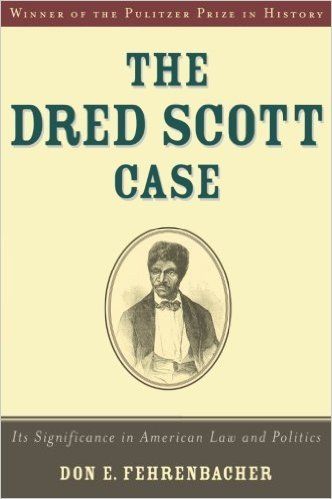
Continued from December 18, 1856 (reply #28).
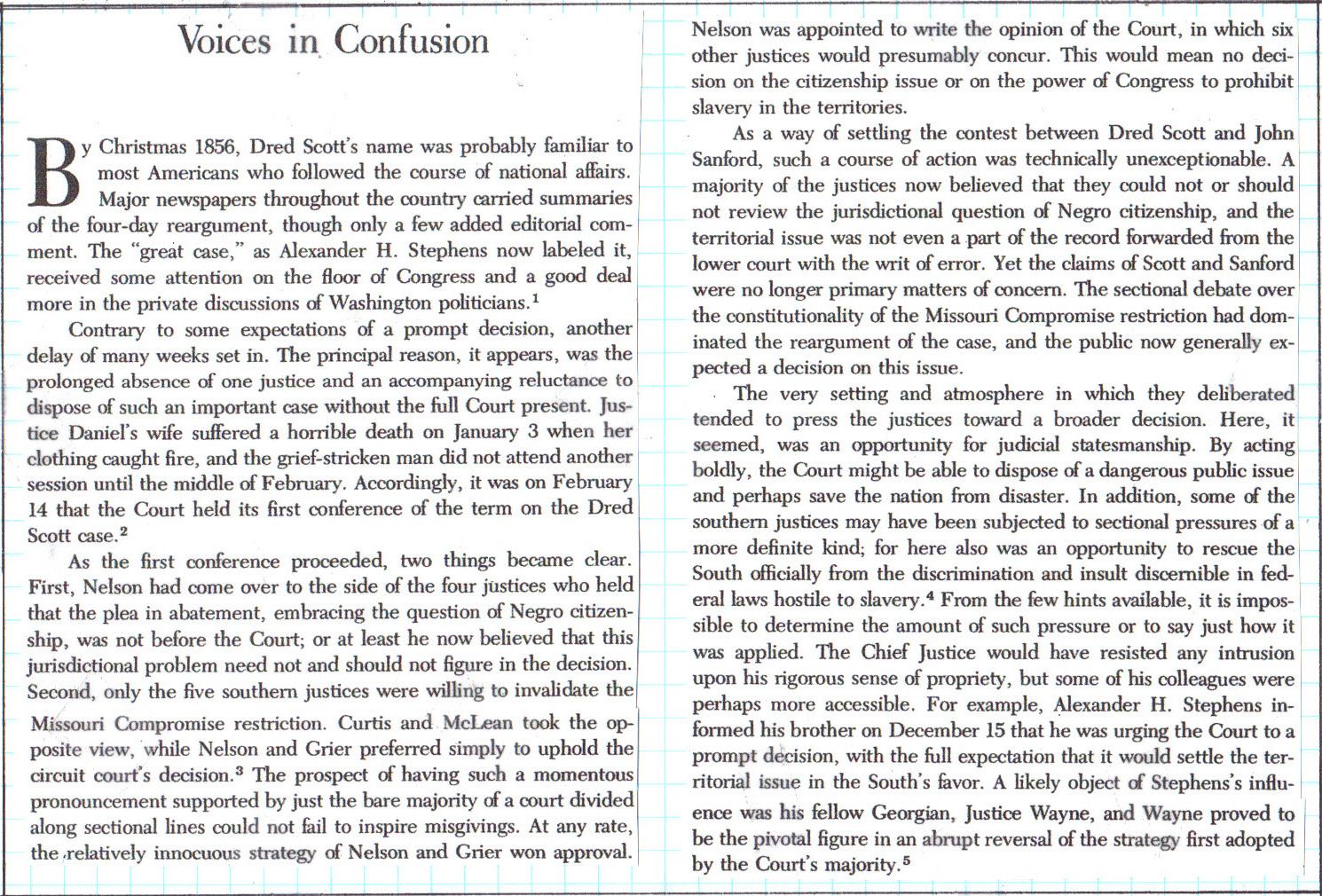
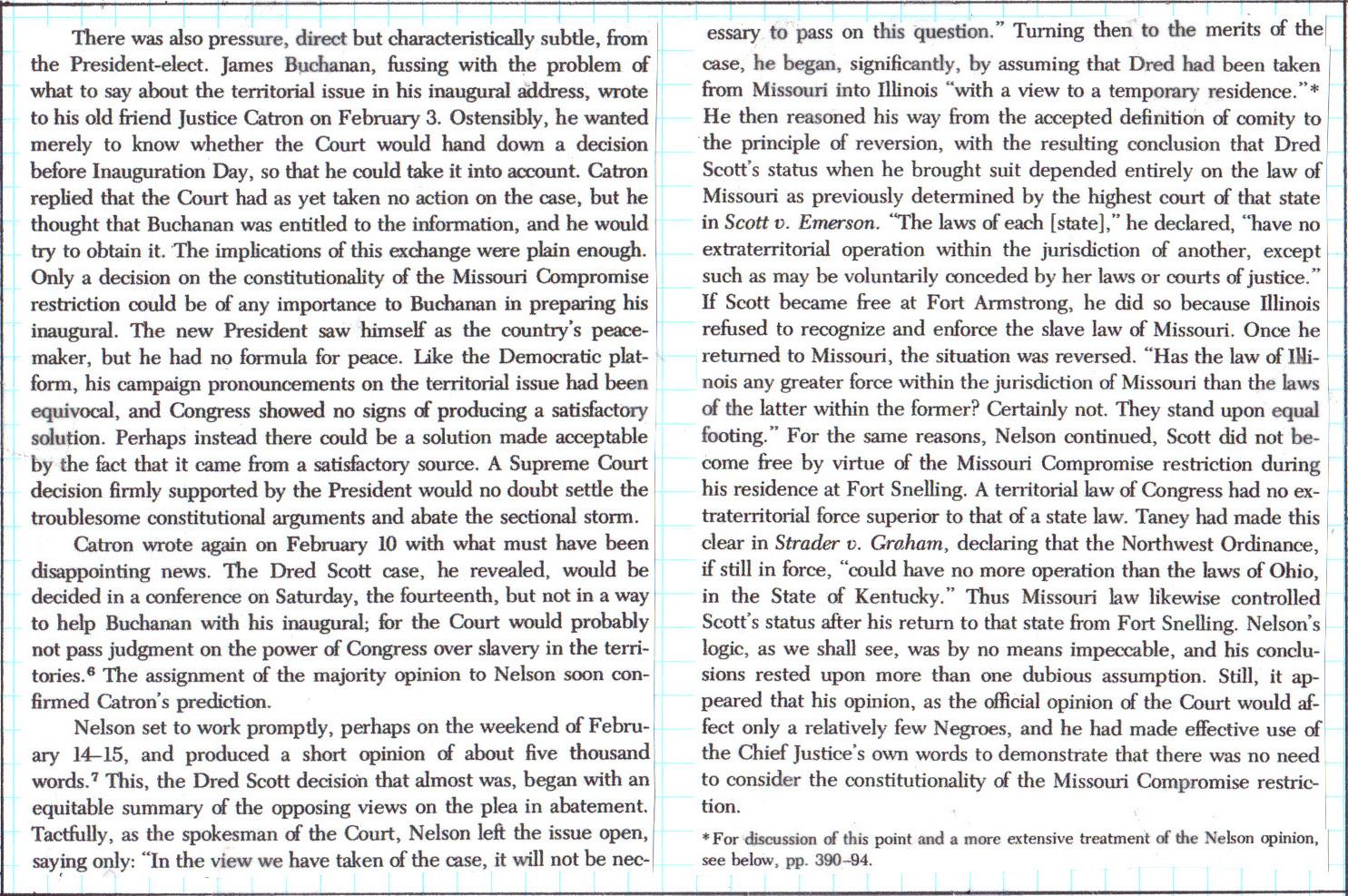
Don E. Fehrenbacher, The Dred Scott Case: Its Significance in American Law and Politics" (1978)
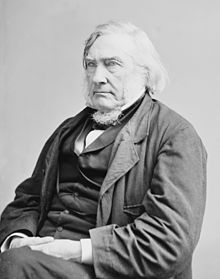
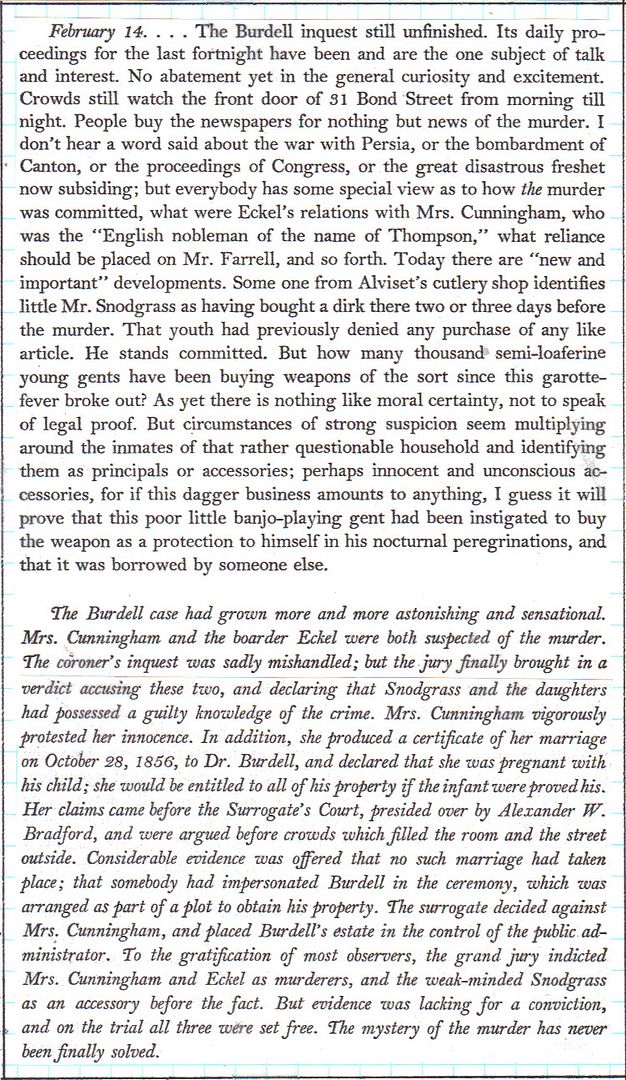
The Diary of George Templeton Strong, Edited by Allan Nevins and Milton Halsey Thomas
The Burdell case isn’t over yet, not by a long shot. Stay tuned for more lurid developments.
Given the history of the Supreme Court, from Dred Scott to Plessy v. Ferguson to FDR threatening court packing to Roe v. Wade, I don’t understand why people continue to delude themselves into believing contentious political issues can be decided by a Supreme Court decision.
February 14, 1857
Flood in Troy, NY
http://nyshistoricnewspapers.org/lccn/sn83031799/1857-02-14/ed-1/seq-1/
February 14, 1857
Nine out of ten cancers can be cured!
Also Scrofula, Fever Sores, all humors of the blood, diseases of the throat and lungs, Dyspepsia, Liver Complaint, Dropsy, Rheumatism, Palpitation of the heart, Consumption of the blood, Nervous Debility, Female complaints and all Chronic Diseases...!
https://newspaperarchive.com/us/ohio/sandusky/sandusky-daily-commercial-register/1857/02-14
Disclaimer: Opinions posted on Free Republic are those of the individual posters and do not necessarily represent the opinion of Free Republic or its management. All materials posted herein are protected by copyright law and the exemption for fair use of copyrighted works.